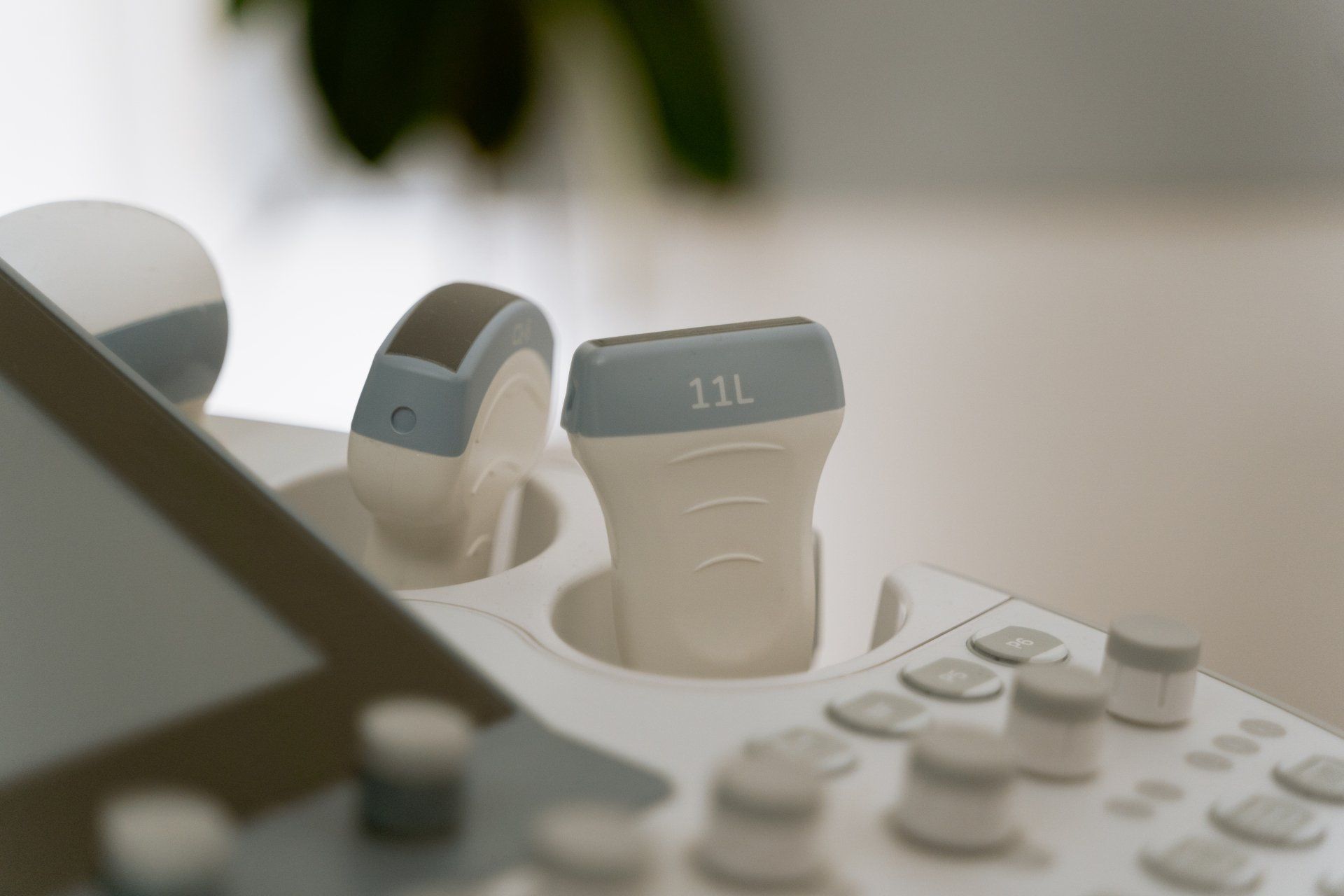Diagnostic Imaging
Diagnostic Imaging of Diabetic Complications
What Are Some Common Complications Related to Diabetes?
If poorly managed or left untreated, diabetes can lead to a host of complications, including:
- Eye damage: Prolonged high blood sugar levels can damage the blood vessels in the retina, leading to eye damage, also known as diabetic retinopathy. It can cause vision problems, including blindness, if left untreated.
- Heart disease: High blood sugar levels can damage blood vessels and the heart, increasing the likelihood of heart attacks and other cardiovascular issues.
- Nerve damage: Over time, diabetes can harm nerves throughout the body, leading to diabetic neuropathy. This condition can cause pain, tingling, numbness and even loss of sensation in the extremities.
- Kidney disease: Diabetes can damage the kidneys' ability to properly filter your blood, leading to diabetic nephropathy. This condition can result in kidney failure if not managed properly.
- Infection: High blood sugar levels can weaken the body's immune system, making it harder to fight off infections. Diabetes increases the risk of various infections, including skin infections, urinary tract infections and more.
- Stroke: Prolonged high blood sugar levels can contribute to the narrowing and hardening of arteries, increasing the chances of blood clots that can lead to strokes.
- Skin problems: Diabetes can lead to various skin conditions. These may include fungal and bacterial infections, slow wound healing and conditions like diabetic dermopathy, which causes skin changes and discoloration.
How Diagnostic Imaging Can Help Detect Diabetes Complications
While managing diabetes through medication, lifestyle changes and regular screenings and checkups can significantly reduce the risk of complications, diagnostic imaging is crucial to the early detection and long-term monitoring of diabetes-related complications if they do arise.
MRI (Magnetic Resonance Imaging)
Magnetic Resonance Imaging (MRI) is a non-invasive medical imaging technique that uses strong magnetic fields and radio waves to create detailed, cross-sectional images of the body's internal structures.
MRI is commonly used to examine the brain and blood vessels to assess for diabetes-related conditions like strokes or brain abnormalities.
Ultrasound
Ultrasound, also known as sonography, utilizes high-frequency sound waves to create real-time images of the body's internal structures.
Ultrasound can help detect diabetes-related complications, like kidney disease, by visualizing the size, shape and blood flow within the kidneys. It is used to monitor for diabetic nephropathy, a common diabetes complication affecting the kidneys.
Additionally, ultrasound is used to assess vascular health, identify atherosclerosis (the buildup of plaque) in blood vessels and evaluate heart function.
X-Rays
X-rays are a form of electromagnetic radiation used in diagnostic imaging to visualize the internal structures of the body. As for diabetes complications, X-rays are primarily used to detect bone-related issues such as osteoporosis or bone fractures, which can be secondary complications of diabetes.
X-ray imaging allows doctors to assess the density and integrity of bones, identify fractures or signs of osteoporosis and monitor bone health over time.
CT Scan (Computed Tomography)
A CT (computed tomography) scan is a medical imaging method that uses X-rays and advanced computer technology to create detailed 3D images of the body.
CT scans may be used to assess the abdomen and pelvis for diabetes-related complications like kidney disease or pancreatic issues.
Ophthalmoscopy
Ophthalmoscopy, also known as a diabetic eye exam, is a diagnostic technique used to examine the back of the eye, particularly the retina and optic nerve. For patients with diabetes, the procedure is crucial for identifying potential complications.
Diabetes can damage the small blood vessels in the retina, leading to a condition called diabetic retinopathy. Ophthalmoscopy allows doctors to visualize and assess the retina's condition, looking for signs of retinopathy.
Ophthalmoscopy can help prevent severe vision problems or blindness that can result from untreated diabetic retinopathy.
What Are Some Early Signs of Complications from Diabetes?
If your diabetes was diagnosed early and you’ve adhered to medical treatment, chances are good the risk of complications is somewhat lower than in patients whose diabetes was undetected for months or even years.
That being said, you can still develop diabetes-related complications and it’s important to remain vigilant and mindful of changes in your body that may indicate disease.
Some common signs indicating complications from diabetes include:
- Blurred vision, which can indicate diabetic retinopathy
- Numbness and tingling in the hands and feet signifying potential diabetic neuropathy
- Swelling in the legs and ankles, changes in urine color or frequency or high blood pressure might suggest kidney problems
- Wounds, cuts or sores that take longer to heal than usual can signify impaired blood circulation
- Symptoms like chest pain and shortness of breath may signal underlying heart issues
- Frequent urination and burning during urination may point to a urinary tract infection
Manage Your Diabetes with the Help of Diagnostic Imaging from St. Hope Healthcare in Houston
Diabetes and its complication can creep up on you unexpectedly. At St. Hope Healthcare, we provide comprehensive diabetes care services for patients diagnosed with type 1, type 2 and gestational diabetes.
Our goal is not only to treat diabetes but also take proactive measures to help prevent diabetes-related complications.
We invite you to take advantage of our diabetes care services, including diagnostic imaging, so you can manage your condition effectively.
To schedule an appointment at one of our offices, call us today at (713) 778-1300.




